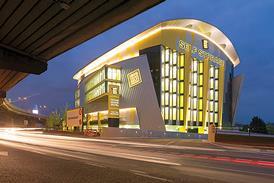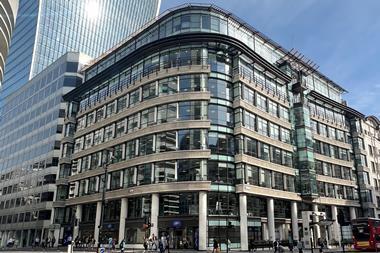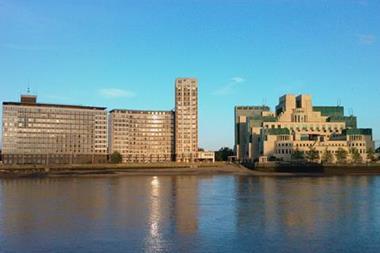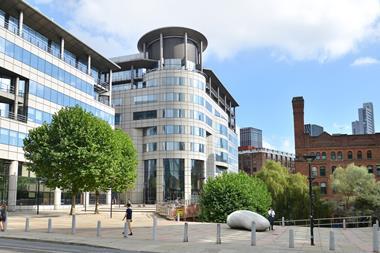The long period of working from home is at last coming to a close. And as the lockdown is finally loosened, workers are looking to head back to the office. But when they arrive, they will find that the very idea of working together in person will have changed.

With the workday reduced to sanitised Zoom meetings and emotionless chats over Messenger, businesses have had a once-in-a-generation opportunity to rebuild company culture for the better, starting from ground zero.
Flexibility is no longer feared. Many supervisors saw their employees flourish without the restraints of rigid office hours and they understand that even as workers return to the office, many of the best aspects of working from home – flexibility and hybrid work – do not have to disappear.
Physical workspaces will be optimised to reflect this new dichotomy of in-person collaborative time and at-home solo time. Expect better-organised and better-looking spaces, allowing workers to thrive and optimise interactions with co-workers so they can do the same when working at home or off site.

Covid-19 did not create this shift; it only accelerated it. Remote work was popular in high-income countries long before the pandemic. Nearly 25% of UK workers and 17% of US workers had worked from home before 2020.
But while hybrid work is likely to stick around for quite some time, employers that offer a positive company culture may find their employees are ready to abandon hybrid schedules sooner than expected. The physical office provides many benefits: socialising with colleagues, mentorship and training. And as populations are increasingly vaccinated, the fears that led to working from home in the first place will fizzle out.
Some employees, especially those with young families or long commutes, may want to continue to take advantage of flexibility. But as offices reopen, employers should be ready to welcome their employees back to company culture. And after so many months of being disconnected, the desire for reconnection will be strong.
Dan Zakai is chief executive and co-founder of Mindspace






























No comments yet